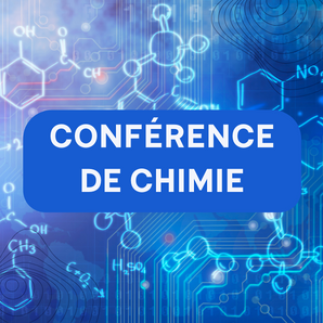Titre: Enzymes: making them part of the chemist's standard toolbox
Site web: Conférence CCVC: Dr. Francesca Paradisi – CCVC (ccvc-cgcc.ca)
Abstract:
The move towards sustainable syntheses is a widespread effort which sees academia and industry developing new strategies and solutions. But why is it that biocatalysis, in general, is still not part of the standard toolbox of a chemist? Enzymes are felt to be challenging to work with, they would require a major revolution of the setup of an existing process, it appears easier to just replace the catalyst with a more efficient newer one which can be just slotted in in a well established multi-step chemical cascade. We are trying to change this by making enzymatic steps just as easy to be at least considered. Flow chemistry for example, and in general the flow set up, with the compartmentalization of different steps in dedicated reactors, offers new possibility to integrate biocatalytic steps within a chemical cascade, often without the need to redesign the whole pathway. Here I will present a challenges we feel are still very much a hurdle in the field, and how we have approached them.
Biography:
Prof. Paradisi graduated in Chemistry from the University of Bologna where she remained also for her PhD in synthetic organic chemistry. In 2002 she joined the group of Prof. Engel at University College Dublin for her post doc and started working in the area of Biocatalysis. After a brief stint in Enzolve Technologies, a spinoff company, in 2005, she got her first academic position in the School of Chemistry in UCD in 2006 where she remained till 2016. She was recruited then by the University of Nottingham as Associate Professor in Biocatalysis and promoted to Full Professor in 2019. In the same year however, she was offered the Chair of Sustainable Pharmaceutical Chemistry at the University of Bern and relocated to Switzerland. She is the recipient of the Green and Sustainable Chemistry Award 2021 jointly sponsored by the Swiss Chemical Society and Syngenta for her ground-breaking work in developing eco-friendly and ultra-efficient biotransformations for the synthesis of high-value chemicals, dramatically increasing the applicability of biocatalysis. In 2022 she co-founded a spin-off company (InSEIT) centered on the immobilisation of enzymes.

